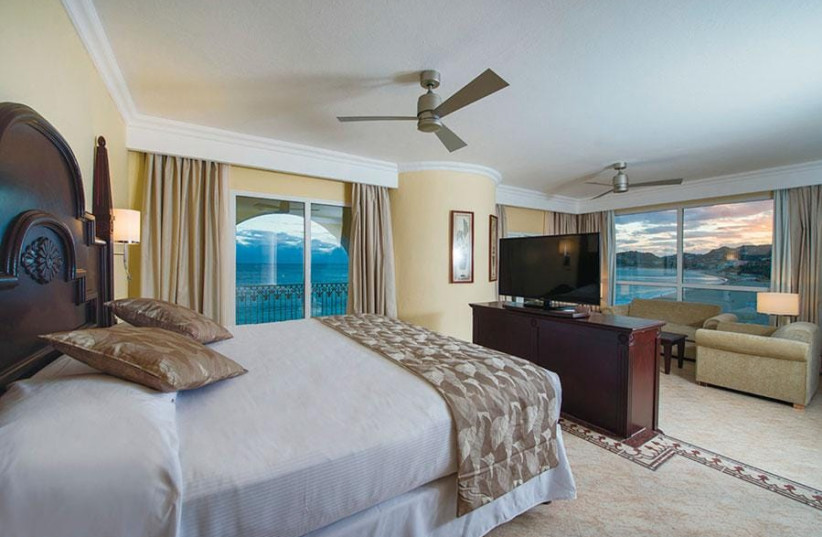World Environment Day and International Oceans Day are both designed to raise awareness about the environment, having been established by the UN General Assembly to help make sure future generations can enjoy a prosperous world.
These days, and others, reflect a certain ecological trend known as sustainability. It's a trend that has only been intensifying over the past decade and this is only the beginning.
In fact, this trend has managed to impact the field of architecture and interior design in a way that will allow tenants who aspire to ascribe to the same environmentalist agenda to be able to do so in every aspect of their life.
Every rookie architect knows that today, it's always better to design houses and apartments with low energy consumption. In practice, it means bringing in as much natural light as possible to reduce electricity costs, among other things.
After the planning stage, it's time to work on the various interior design details, with some of them also tackling aspects of the home's air conditioning, both heating and cooling.

So, which is better, an air conditioner or just a ceiling fan?
For starters, it seems many homes have realized the importance of combining air conditioning with ventilation. This not only helps save money, but it also is more ecologically friendly.
According to experts from the leading ceiling fan brand Swing: "Ceiling fans have always been the solution, long before you could install an air conditioner everywhere. Today, more people understand the importance of ceiling fans, such as on days when you don't need a fully-functioning air conditioner. Further, having a ceiling fan at home lets you increase the airflow even with the air conditioner on. Sometimes we want more air circulation, not freezing temperatures."
The more the air conditioner needs to heat up or cool down an area, the more electricity is used. When a ceiling fan does at least part of the work, the air conditioner will use up less power.
So why should you get a ceiling fan?
- Ceiling fans are more cost-effective in terms of electricity use, both by themselves and when running in several rooms at once. The temperatures in the area around the fan can be lowered by 1-2 degrees Celsius.
- Sometimes, all we need to feel relaxed is some air circulation.
- The area of effect is large, making it more efficient than a table fan.
- The flow of air moves throughout the room, so even when you're out of range of the fan, you can still feel the air blowing.
- The ceiling fan is a great way to avoid diseases spread by air conditioners, such as a host of viruses that can harm the trachea or other parts of the body.
- You don't need to close your windows for a ceiling fan to work, which means natural air can keep flowing through the home.
- Many ceiling fans come with a built-in light fixture, so a single product can serve two functions.
- Ceiling fans operate with an efficient motor, allowing for high airflow and low power consumption. Overall, that means it saves up to 50% in electricity costs and is better for the environment.
The Environment and Climate Change portal is produced in cooperation with the Goldman Sonnenfeldt School of Sustainability and Climate Change at Ben-Gurion University of the Negev. The Jerusalem Post maintains all editorial decisions related to the content.
